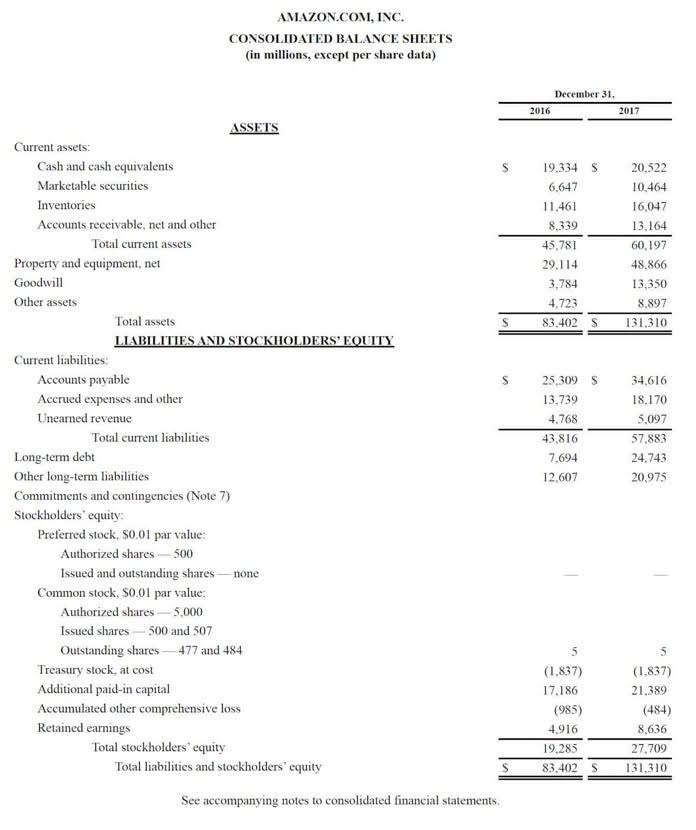
Tracking and documenting the above could be done manually (on spreadsheets and physical folders) or through automated accounting software. Even if you decide to hire an accountant to do the job, it’s still valuable to know the principles upon which accounting works. We believe that startups need both a bookkeeper and an accountant, although it is possible for one person to do both jobs.

We’re here to help you find the right digital bookkeeping service for your startup with this list of the best online bookkeeping services for startups this year. Accurate and timely bookkeeping is essential for startup financial wellness. From handling tax obligations to legal requirements, Accolade Accounting will provide a full accounting service tailored to meet the needs of your startup accountant for startups business. Maximizing the finances of your startup becomes easier when you have a reliable accounting firm as your partner, helping you achieve your financial goals. Accounting software automates almost every part of your accounting process, saving you time and preventing any errors. You can make journal entries, pay bills, schedule invoices, create financial statements, and so much more.
The Financial Team
You don’t get any more revenue from that client for the rest of the year. That really doesn’t reflect reality, because you still need to deliver that service for the rest of the year. With accrual accounting, you would recognize $10,000 of that revenue each month. That makes your income more accurate and predictable, and investors prefer to see that regular revenue. We recommend QuickBooks Online (“QBO”) as the right bookkeeping software for startups and high-growth small businesses.
For example, your balance sheet can help you understand your current assets, liabilities, and equity. Your income statement shows your business’s revenue and expenses over a period of time. While your cashflow statement helps you understand the inflow and outflow of cash for your business.
Fieldguide Raises $30 Million to Combat CPA Shortage With AI
In contrast, depreciation is an accounting technique used to spread the cost of an asset over its useful life. Your business’s financial planning must include other ongoing costs, such as the depreciation of equipment. When starting a business, it’s important to be mindful of the types of expenses you can incur.
- By grasping these concepts, startups can effectively communicate their financial position and performance to stakeholders, including investors, lenders, and potential business partners.
- Again, if you use accounting software, it will automatically create these financial statements from your general ledger entries.
- By keeping track of customer payments, startups can ensure that they are collecting all of the money that they are owed.
- We’re trusted by thousands of companies because we’ve helped countless startups achieve success.
- All your business transactions should go through this account, while personal expenses should ideally go through your personal banking accounts.
- The COA lays out all your assets and liabilities and provides a comprehensive picture of your business’s financial health.
- FreshBooks can help with resources for small businesses and free trials of software.
This method is mostly used by large businesses, as it provides a more accurate picture of a company’s financial health. However, startups can expect to pay anywhere from $50 to $200 per month for accounting services. Founder’s expert CPAs have guided countless entrepreneurs through every stage of their journey – from ideation to acquisition. We offer tailored services, including fundraising support, financial modeling, tax minimization, and more.